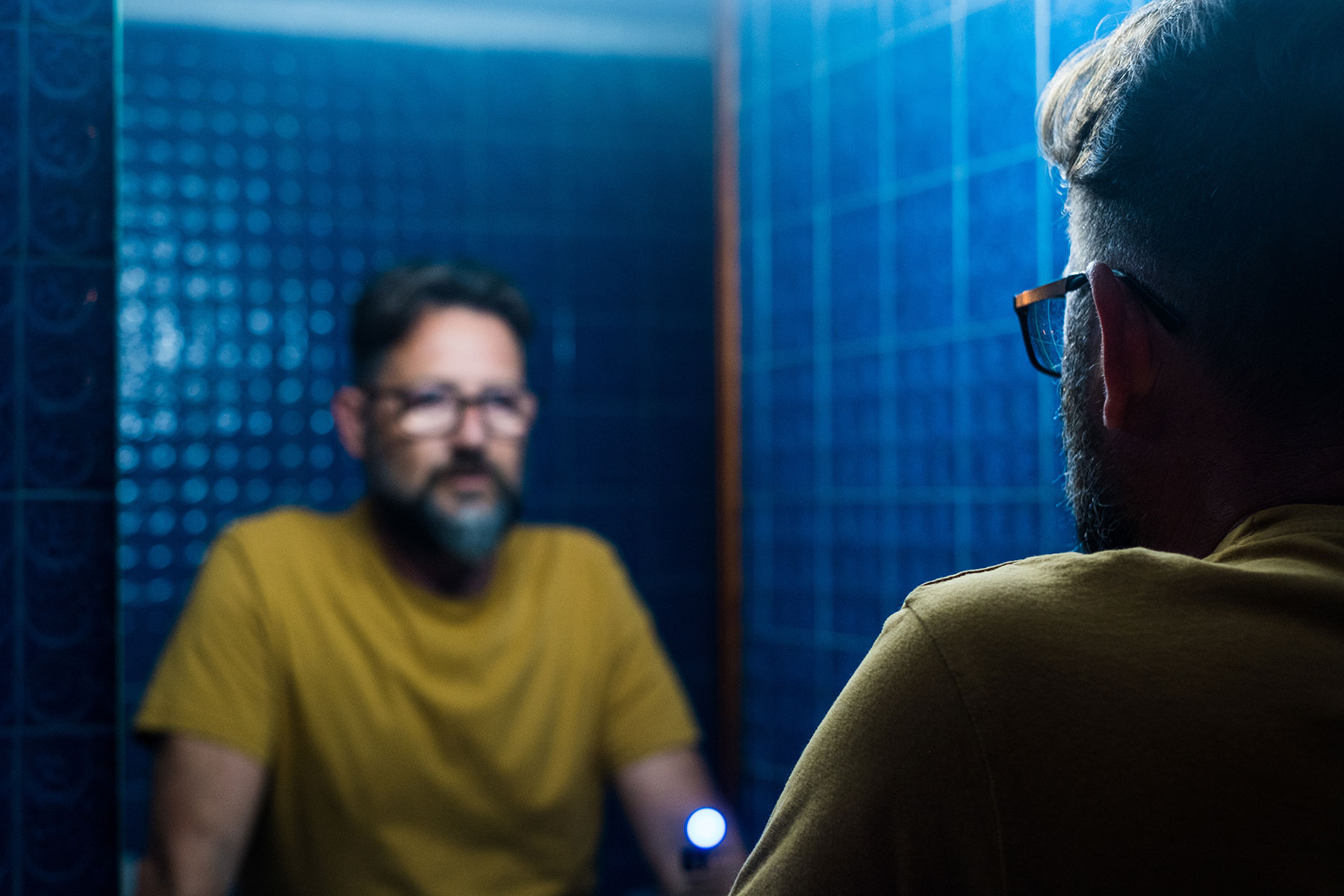Addiction is a chronic disease that cannot be cured by simply quitting cold turkey. Those who are struggling with severe addiction might spend anywhere from six to 12 months in an addiction treatment program. For those who repeatedly return to opioids or alcohol after months or years of sobriety, a long-term recovery program will work to control your addiction finally. When you speak with one of our trained therapists, they will provide you with a comprehensive overview of your long-term recovery program.
At our addiction treatment center in Colorado, we offer addiction treatment programs that will help you manage your addiction no matter how long it takes. When you are ready to begin, call 833.448.0127 to speak with a therapist about starting a long-term recovery program.

Three Stages of Long-Term Addiction Recovery
Addiction treatment programs are typically tailored to meet the unique needs of each patient. However, most treatment plans share a standard structure that comprises three key stages of recovery. It can be helpful to understand what to expect. When executed effectively, these stages can occur concurrently, enabling individuals to develop healthy coping mechanisms that support long-term recovery. This integrated approach not only addresses the physical aspects of addiction but also emphasizes the importance of emotional and psychological healing for sustainable progress.
1. Medically Assisted Detoxification
Depending on how severe your addiction is and what substance you are abusing will determine how severe your withdrawal symptoms can be. Drugs like suboxone and buprenorphine can help ease some of the withdrawal symptoms you will experience while you detox.
- Convulsions
- Vomiting
- Chills and shivering
- Hallucinations
- Depression
This first stage is physically demanding, and our supportive therapists will guide you through it until you are ready to move on. Some detox programs can last from three to six months, depending on the severity of the addiction.

2. Rehabilitation Therapy
Once the drugs or alcohol are out of your system, now you will begin the stage of learning about the underlying causes of addiction and how you can avoid relapse in the future. Some of the therapies and programs you might participate in include:
Cognitive-Behavioral Therapy
Cognitive-behavioral therapy (CBT) focuses on identifying and changing negative thought patterns that are associated with addiction. This type of therapy helps people learn how to develop healthier coping skills, manage cravings, and recognize triggers to prevent relapse.
Multidimensional Family Therapy
Multidimensional family therapy (MDFT) combines individual, group, and family interventions. It focuses on the relationships between the addicted person and their family to address underlying issues related to substance use.
Case Management
Case management is a personalized approach to treatment that focuses on the individual needs of the patient. It includes helping patients obtain resources to support their recovery and establishing an appropriate aftercare plan. Case managers provide links between medical, social, legal, and mental health services so that people with substance use disorders can receive comprehensive care.
Individual Therapy
Individual therapy addresses the issues that contribute to substance use. This type of therapy helps people identify negative thought patterns and behaviors associated with their substance use, develop healthier coping strategies, and learn how to recognize triggers for relapse.
3. Continued Support
After you have gone through time in detox and cognitive-behavioral therapy, your support does not stop once you go back out into the world. You won’t be alone while you continue with your long-term recovery program.
Continued care is essential for a successful recovery, and many programs will help in your continued fight against addiction.
- Telehealth: Remote counseling sessions can be helpful when you’re unable to attend your treatment center in person.
- Outpatient group therapy: Building lifelong bonds with those in your group will be a powerful tool to help you maintain your recovery.
- Friends and family: Your loved ones want to see you healthy and happy, and they are there to help keep you focused on your goals.

Planning for Long-Term Addiction Recovery at Colorado Medication Assisted Recovery
Planning for a long-term addiction recovery program at Colorado Medication Assisted Recovery requires careful consideration of various personal and financial responsibilities. Since the treatment process can span several weeks or even months, it’s essential to ensure that these responsibilities are managed before entering the program. One critical aspect is establishing a power of attorney. This legal arrangement designates someone to handle your affairs, whether that involves managing property or taking care of family matters while you focus on your recovery. Additionally, it’s essential to communicate with your employer about your need for leave. Many companies are understanding and willing to hold your position, and some may even provide financial assistance during your recovery period.
Moreover, there are personal tasks to address, especially for those living alone or with dependents, such as pets. If you have furry companions, you will need to arrange for their care to ensure they remain happy and healthy while you are away. At Colorado Medication-Assisted Recovery, we recognize that planning for recovery poses significant challenges. Our expert team is here to assist you, ensuring that your focus remains on your healing journey.

Get Started With Recovery at CMAR
It’s crucial to address personal responsibilities, particularly for individuals living alone or caring for dependents, including pets. Our dedicated team is here to support you in organizing these essential aspects, allowing you to focus on your healing journey. When you feel ready to take this transformative step, don’t hesitate to fill out our contact form or reach out to us at 833.448.0127. At Colorado Medication Assisted Recovery, we’re here to guide you every step of the way.

































